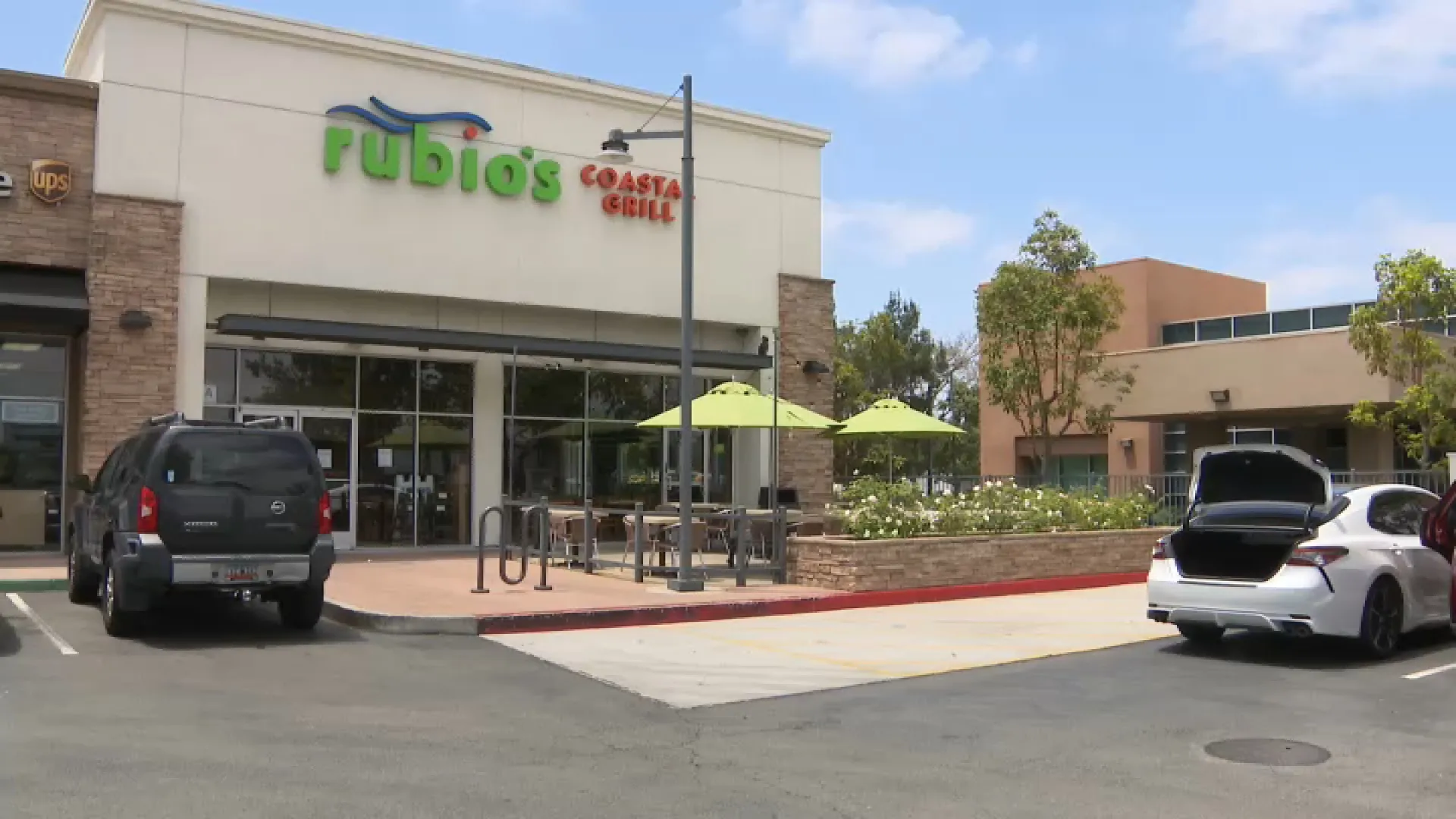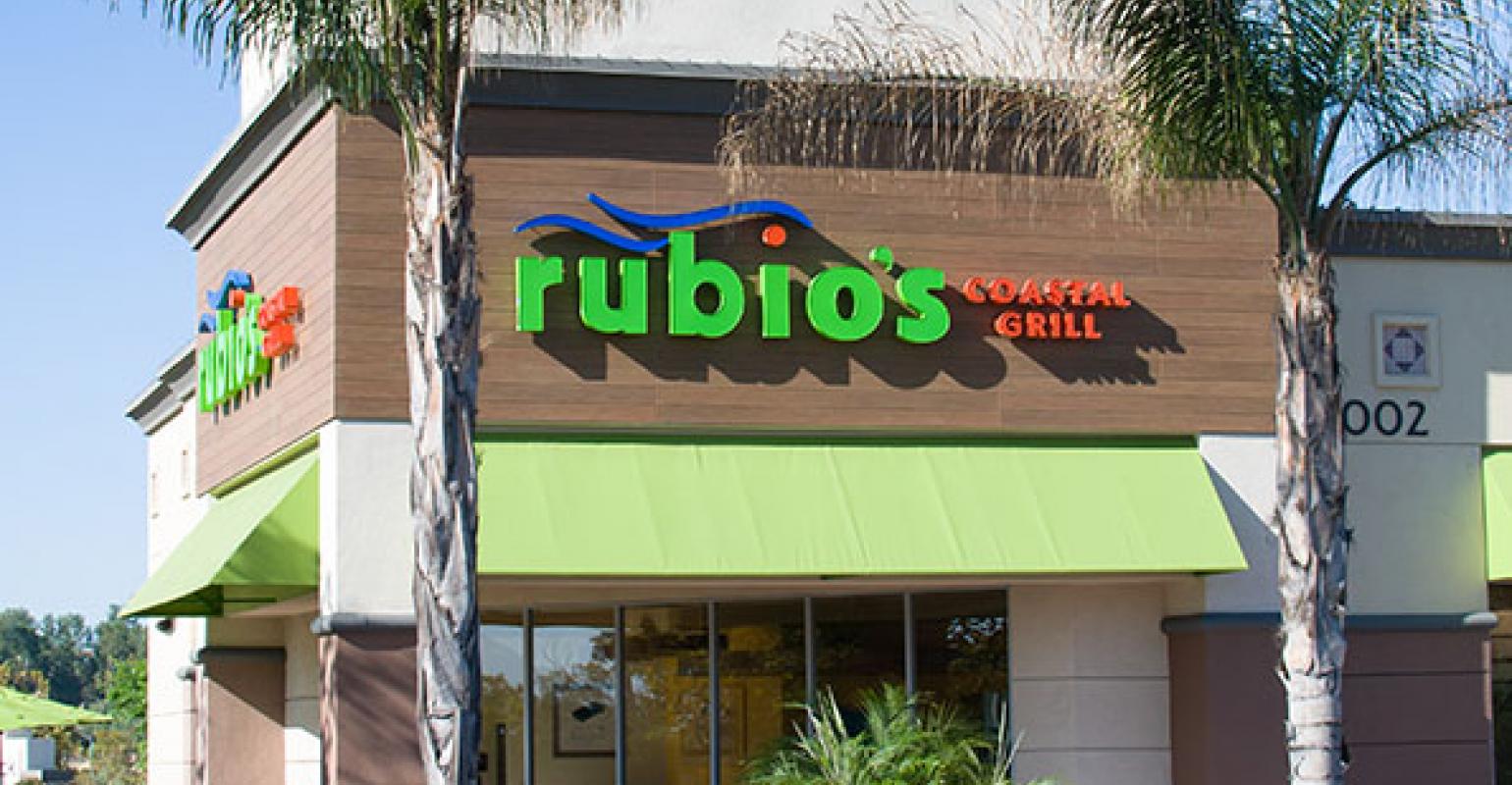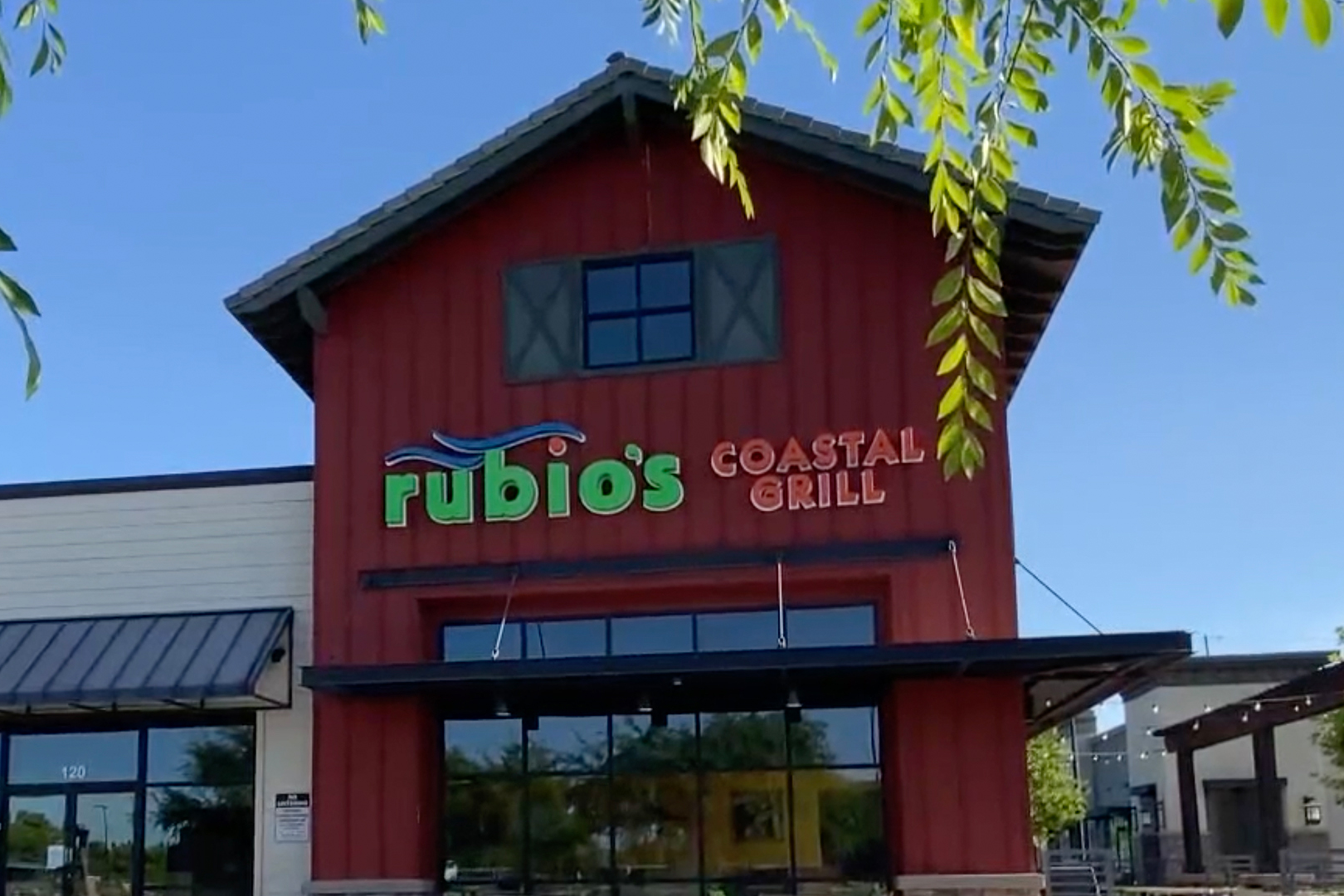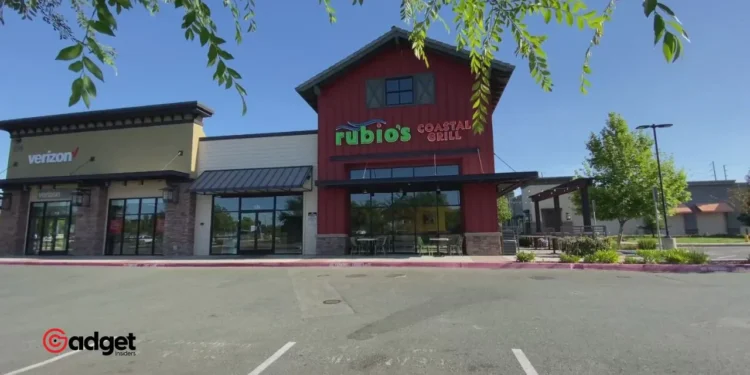Rubio’s Coastal Grill, a popular fast-casual taco chain in California, has permanently closed 48 of its restaurants, attributing the decision to the state’s challenging operating environment and a recent mandate for a $20 per hour minimum wage. This significant reduction, which represents over a third of its operations in the state, marks a critical turn in the company’s strategy to stabilize its financial health.

Historical Performance and Recent Pressures
The chain’s struggles are not new; sales have been on a decline since 2017, with the situation worsening during the COVID-19 pandemic. In 2020, the company filed for bankruptcy and has since been on a trajectory of closing its underperforming units. Despite these efforts, Rubio’s has consistently underperformed compared to other fast-casual Mexican eateries, which on average have seen a growth in system sales over the past five years.
Impact of California’s $20 Minimum Wage
April’s introduction of a $20 minimum wage for limited-service chain restaurant workers in California has further squeezed Rubio’s, primarily operating in a state where most of its locations are based. This increase in operational costs has compounded the financial challenges faced by the brand, pushing it to reassess and reduce its footprint drastically.

The Broader Restaurant Industry Context
The broader mid-sized chain restaurant sector has faced similar hardships, with many establishments struggling with debt and the economic impact of inflation. The pandemic hit this sector particularly hard, forcing numerous chains into debt restructuring or bankruptcy. Rubio’s situation exemplifies the harsh realities of maintaining a food service business in an increasingly expensive and competitive market.
Looking Forward: Rubio’s Strategic Plan
Despite these closures, Rubio’s is focusing on a long-term strategy that involves restructuring to better position itself for future success. This plan includes potentially exploring new markets or business models that can sustain the brand in a more favorable economic landscape. The recent closures, while difficult, are part of a broader effort to streamline operations and ensure the brand’s survival and growth.

A Reflective Moment for the Food Industry
The closure of 48 Rubio’s restaurants is reflective of the larger challenges faced by the restaurant industry in California and across the United States. As the market evolves and external pressures such as wage increases and inflation impact operations, food chains must adapt swiftly to survive. For Rubio’s, this adaptation involves making tough decisions to retract and possibly reinvent its business model for a more sustainable future.










